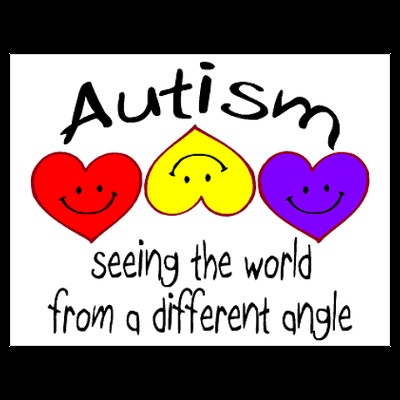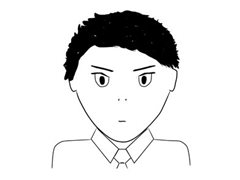The Halfling Project:- Autism & Special Needs.

The Halfling project has always tried to bring forward a positive view of autism and other invisible conditions which can so easily be misunderstood by the public at large, parents and the autistic child themselves. Indeed an autistic child relies on adults to help build up this understanding from an early age.
Now here we are discussing autism as we find it so often with actors and performers as well as artists and fellow creatives.
When it comes to autism within a child performer the first thing to be clear to them about the condition add's too and not detracts from their talents and indeed much of the talent may even be thanks to the condition.
You note I say autism or invisible conditions - let's qualify that - not all invisible conditions are strictly on the autistic spectrum - it tooks years after all to even get ADHD recognised by many. Conditions like dysgraphia still has a whole body of people who simply find the condition hard to accept, and many parents question diagnosis, even some doctors question aspects of it.
So the poor young performer if he or she is unlucky is left alone confused as to why they see and feel as they do, act as they do, and are not like their friends - sadly in some cases they are so far apart they have few friends anyways.
Now the relevance of all this is - often actor's are born from producing a persona at school or home to be more like their friends - or they become class jokers to avoid the bullying for being different.
Then they find being good at this leads them to acting.
So there is a high proportion of actors out there either on the spectrum or covered by special needs.
My job working with young people with these differences is to build up and give them the confidence to work through their differences or build on their talents by understanding how it all affects them and take control. These conditions are not an illness, and not mental illness - they are put simply a different way of seeing things and once they appreciate this they are much better able to cope and build on their talents.
With some young performers you don't even have to mention it just simply guide them in their performance and understanding - others need more attention - they may for example struggle with being in groups or going to acting castings, new environments or understanding body language and emotions.
Drama is a great informal way to work together on this.
My first work within autism took me to campaigning for the recognition of first dyslexia with actress Susan Hampshire and the BBC and then later to do the same for ADD [ADHD] and the fight still goes on till this day of various spectrum and " "invisible" conditions.
Parents and young actors should not worry if they are diagnosed with such conditions - in the creative world and the entertainment industry you certainly are not alone, and you will have full support from me when working at the station, for as long as you need.

